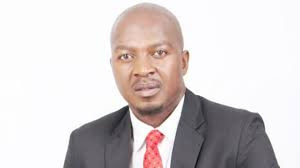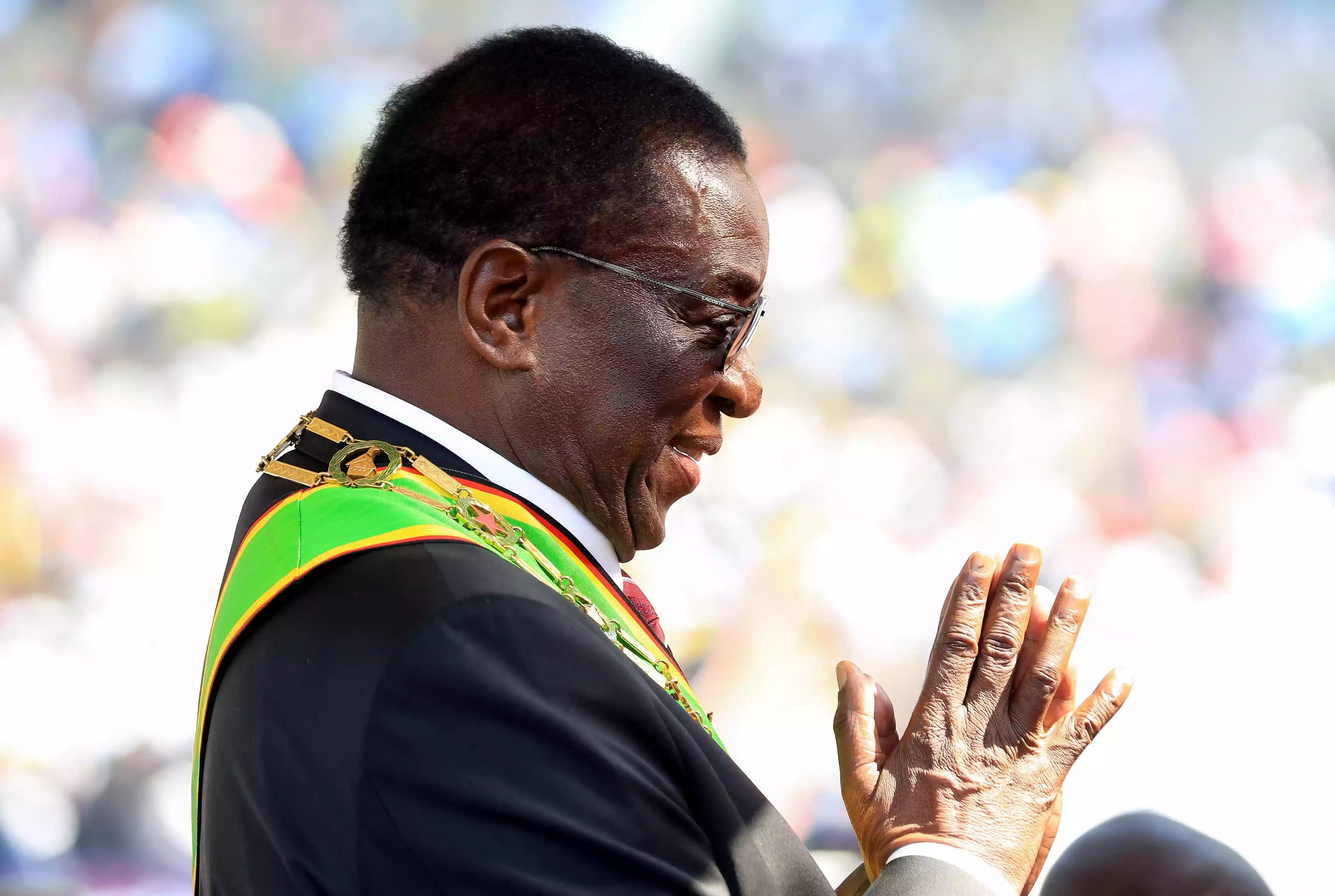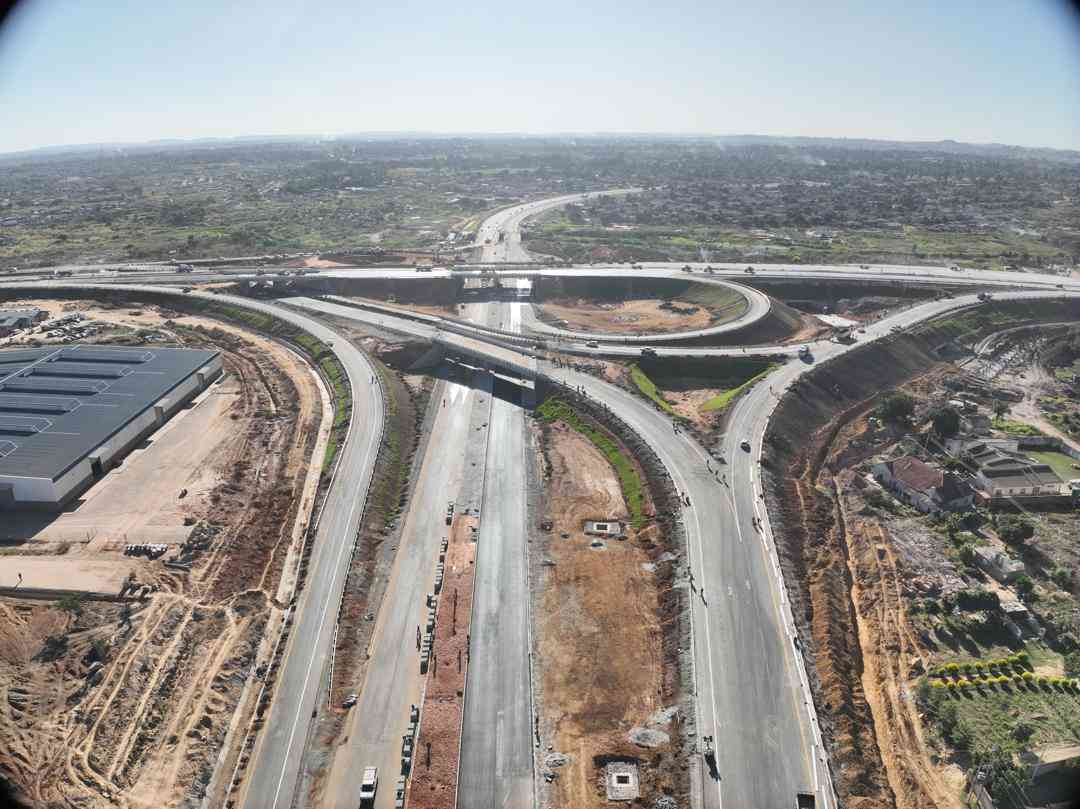
LAST week, the tranquil hills of Nyanga provided the backdrop for one of the most significant gatherings on Zimbabwe’s annual calendar: the “In Conversation with Trevor Ideas Festival”.
Dubbed “Zimbabwe’s Davos,” this apolitical convocation, convened by Alpha Media Holdings chairman Trevor Ncube, has firmly established itself as an indispensable forum for the nation’s commercial, intellectual, and diplomatic vanguard.
Under the theme, The Future of Human Capital, Innovation, and Ethics in the Age of AI, this year’s festival transcended mere discussion and delivered a compelling, and at times urgent, blueprint for national progress.
The festival’s strength was its blend of visionary themes and pragmatic dialogue. While addressing global AI trends, the focus remained firmly on local application. The aim was to equip Zimbabwean entrepreneurs with digital tools, ensuring they are not left behind.
This pragmatism is the critical bridge between ideas and practical solutions that improve lives and empower businesses — a national economic imperative. However, the festival’s most profound insights recognised technological advancement is futile without a sturdy ethical and societal foundation. Ncube’s poignant interrogation of the nation’s unresolved personal and societal conflicts struck a resonant chord.
His question, “How do we establish our identity when we are still carrying around toxicity and unresolved issues?” goes to the very heart of the national challenge.
A cohesive national identity, built on unity and understanding, is not a soft, philosophical luxury; it is the bedrock upon which trust — a vital ingredient for investment and economic stability — is built.
This theme of foundational integrity was powerfully echoed in the economic sphere. Banker Nigel Chanakira issued an unequivocal warning about the perils of the government’s current approach to monetary policy. His critique of the Reserve Bank of Zimbabwe’s interest rate policies underscores a dangerous disconnect that risks undermining the very confidence a functional local currency requires. Furthermore, his condemnation of a culture that celebrates “wealth, luxury and power, rather than service, innovation and integrity”, is a sobering assessment of a value system in crisis.
- In Conversation With Trevor: Munyati: Sports, arts are viable careers
- In Conversation with Trevor: Bango: ‘Street wisdom’ shaped me
- In Conversation With Trevor : Diplomatic posting was a mistake: Chihombori-Quao
- I’ve been a victim of racism in classical music: Mhambi
Keep Reading
When material success is elevated above purpose-driven leadership, the moral and economic compass of the nation falters, weakening our corporate and social fabric. The call for a structural overhaul was also clear. Masawara Group founder and chief executive officer Shingai Mutasa’s advocacy for a new financial infrastructure, with a keen eye on regional opportunities, highlighted a critical gap.
His assertion that a generation of entrepreneurs has been left without sufficient backing due to sectoral disruptions is a damning indictment that cannot be ignored. Vision and resilience, which he rightly identified as essential entrepreneurial traits, are insufficient if the financial ecosystem is designed to stifle rather than support.
In short, the festival has laid out several different concepts such as embracing technology pragmatically, rebuilding ethical foundations, and reforming the economic architecture. The task now is to translate Nyanga’s insights into concerted national action.











